Once seen as a symbol of freedom and minimalism, van life is now running into real resistance in many parts of the U.S. What began as a popular lifestyle alternative is being met with new rules, zoning restrictions, and stepped-up enforcement in several states. Rising concerns around sanitation, safety, and overcrowding have led local officials to rethink how—and where—people can legally live out of a vehicle. Here are 12 states quietly tightening the rules on van dwellers in 2025.
1. California
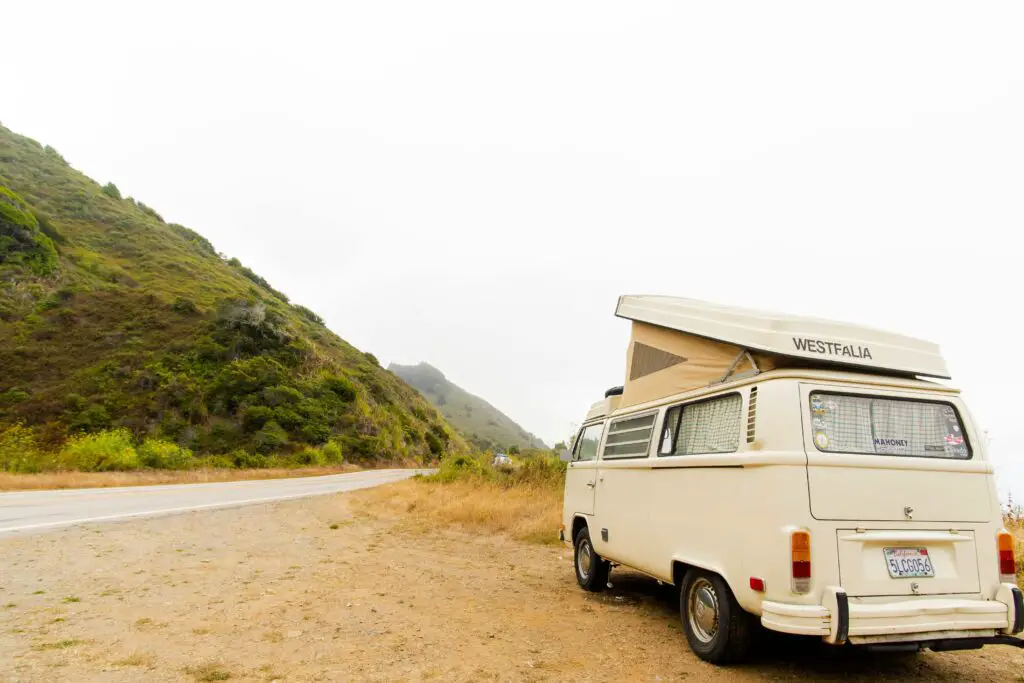
California has long been the epicenter of van life culture, but the state is increasingly restricting where people can park overnight. According to CalMatters, cities like Santa Barbara, San Diego, and Los Angeles have enacted ordinances that ban sleeping in vehicles within city limits or near residential areas. Enforcement has ramped up, with fines and vehicle impoundments becoming more common. The intent, officials say, is to address public safety and sanitation issues in high-traffic tourist zones.
Many nomads who once viewed California as the ideal coastal destination are finding themselves forced inland or out of state. Even previously safe options like Walmart parking lots are shrinking due to local pressure. Advocates argue that these crackdowns unfairly target people who can’t afford traditional housing. The growing tension shows that the Golden State may no longer be a haven for van lifers.
2. Colorado
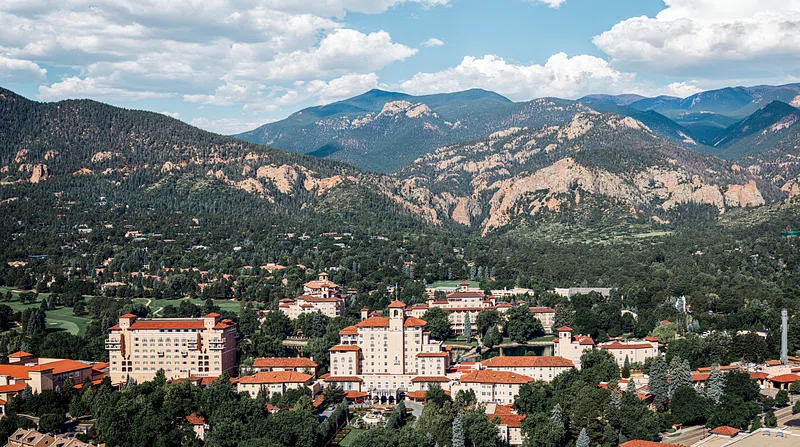
Colorado’s public lands and mountain towns once welcomed van dwellers, but that’s changing. As reported by The Colorado Sun, popular areas like Summit County and Moab-adjacent zones have introduced stricter rules on dispersed camping and vehicle stays. Lawmakers cite overcrowding, trash accumulation, and increasing wildfire risk as key concerns. Parking limits and overnight bans near trailheads and scenic lookouts have become widespread.
State and federal land managers have increased ranger patrols and issued more citations in recent seasons. Many areas now limit stays to a few nights—or ban overnight parking entirely. These changes are catching many nomads off guard. The rules are often lightly publicized, leaving travelers to learn the hard way.
3. Oregon
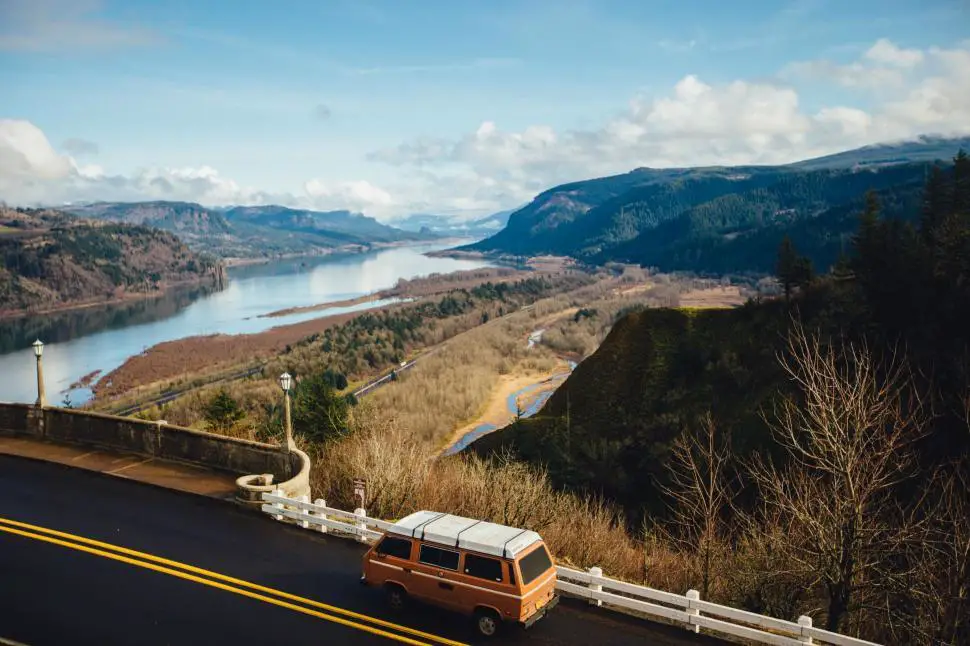
Oregon has begun tightening its approach to vehicle dwelling, especially in response to growing urban populations living in vans full time. According to Oregon Public Broadcasting, cities like Eugene and Portland have passed ordinances restricting overnight parking on public streets and near parks. In some areas, repeat violations can lead to booting or towing of the vehicle. Enforcement is often complaint-driven, meaning one neighbor’s call can lead to a citation.
Rural regions are also feeling the strain of long-term van camping on forest roads and in parking lots. Increased patrols and shorter stay limits are being implemented to reduce environmental wear and tear. Though some cities have launched safe parking pilot programs, demand far exceeds availability. For many nomads, Oregon is becoming a less flexible destination.
4. Florida
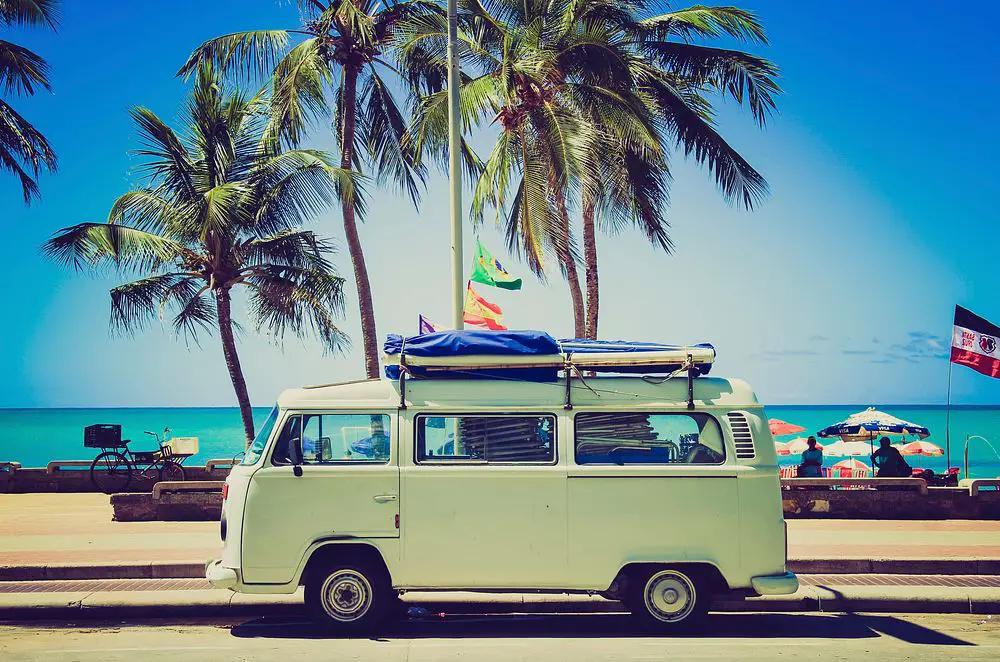
Florida has stepped up enforcement against van living, especially in beach towns and tourism-heavy regions. As noted by WUSF Public Media, cities like Sarasota, Clearwater, and Fort Lauderdale have passed laws banning overnight vehicle dwelling in city limits. Police have issued citations and moved people along from scenic pullouts and rest areas. The state’s RV parks and campgrounds are often full, leaving few legal alternatives.
Some travelers have been surprised to find local sheriffs knocking on their windows, even in seemingly quiet zones. Crackdowns tend to intensify during snowbird season, when competition for space peaks. Officials say the rules help manage public behavior and prevent informal camping near residential areas. These measures have made van life harder to sustain in Florida’s more populated counties.
5. Utah
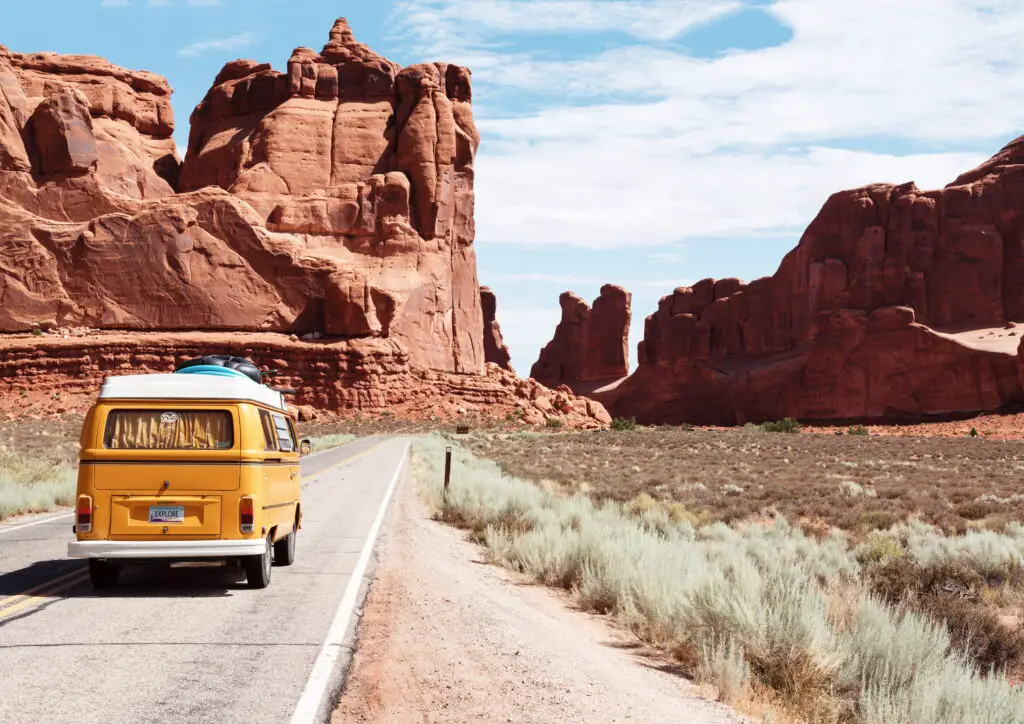
Van dwellers have long gravitated toward Utah for its scenic drives and access to public land. But as tourism in places like Zion and Moab skyrockets, state officials and BLM managers are tightening access. Many dispersed camping zones now come with time limits, vehicle restrictions, and required permits. Rangers patrol more frequently, citing violations for things like off-road parking and gray water dumping.
Even remote areas that once offered weeks of solitude are now full of “no overnight” signs. Locals have expressed concern over environmental damage and overcrowding. With a shrinking list of legal overnight options, Utah is becoming more challenging for long-term nomads. Fewer places remain where you can just roll in and stay.
6. Arizona
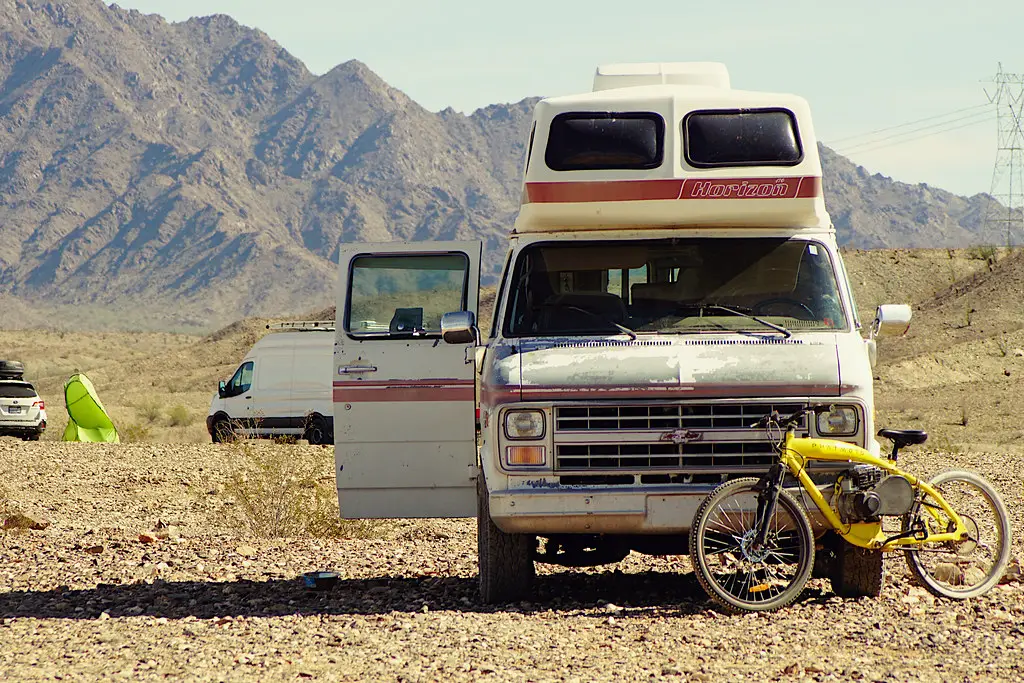
Arizona offers miles of open desert and ample BLM land, but van lifers are finding fewer places to park without hassle. In high-traffic spots like Sedona and Flagstaff, local ordinances now prohibit sleeping in vehicles on city streets or public lands near residential areas. Officials have cited issues with trash, traffic, and fire safety. Even some national forest areas have imposed new length-of-stay limits.
Signage has increased, and enforcement is now a regular feature of ranger patrols. As more digital nomads migrate to the Southwest, the infrastructure isn’t keeping pace. In response, Arizona is focusing on preserving outdoor spaces—and van life is often caught in the middle.
7. Washington
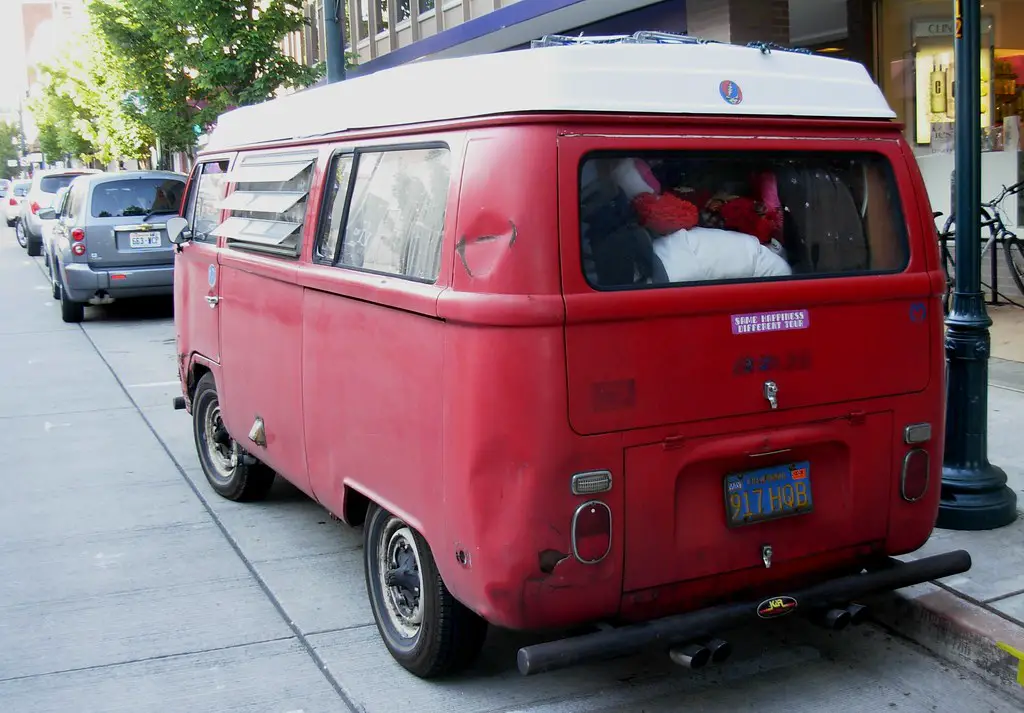
Washington state has started cracking down on van life through a patchwork of city ordinances. In places like Seattle and Olympia, new rules limit where and how long you can park in one spot. Public outcry over blocked sidewalks and public sanitation has led to stricter enforcement. Even rest areas are seeing increased monitoring and overnight restrictions.
While rural parts of the state still allow some flexibility, urban centers are pushing van dwellers out. Some city councils are discussing expanded “no-stay” zones and fines for repeat violations. Van life in Washington now requires constant research and relocation.
8. Nevada
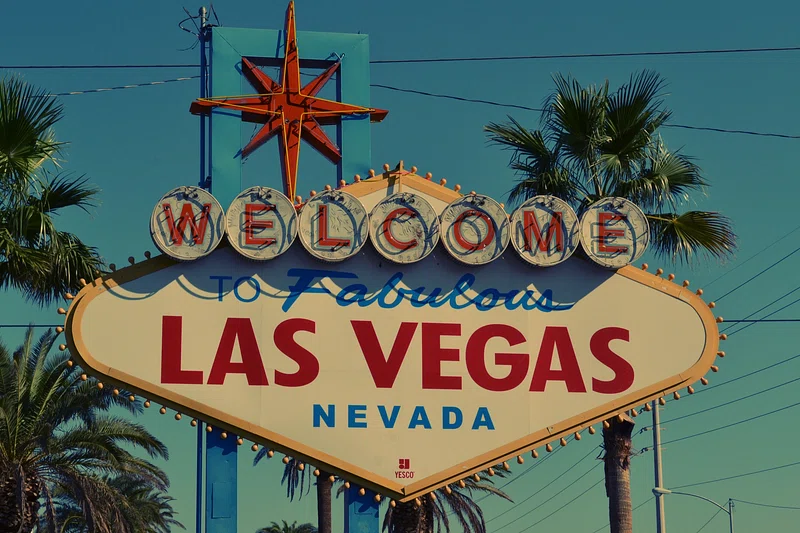
With wide-open highways and plenty of desert space, Nevada may seem like a van life paradise. But urban centers like Reno and Las Vegas are imposing tougher restrictions on vehicle dwellers. Anti-camping laws and curfews near city parks have made it difficult to stay for more than a few hours at a time. Police patrols and signage have increased to curb overnight parking in commercial zones.
Meanwhile, certain counties are looking to ban long-term parking on public lands without proper permits. Even in rural areas, local residents have voiced frustration about unofficial campsites. Nevada is quietly drawing a line between tourism and full-time van habitation.
9. Texas
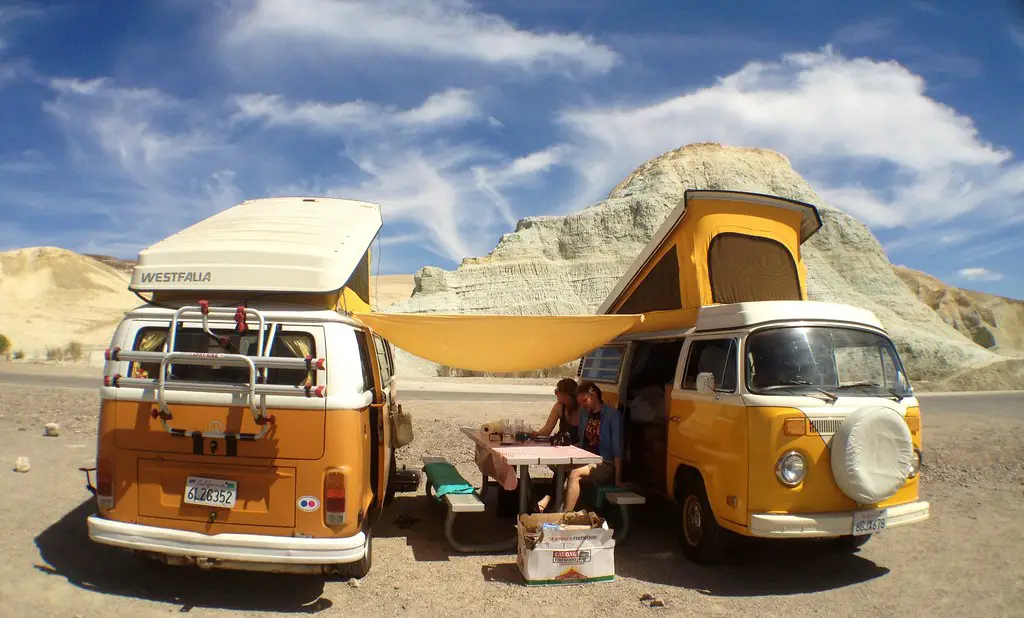
Texas offers both space and sun, but many of its cities are less than welcoming to vehicle dwellers. In Austin, Dallas, and San Antonio, ordinances now restrict sleeping in cars in public lots or residential neighborhoods. Enforcement has intensified in response to resident complaints and rising concerns about public safety. Those caught violating local rules often face steep fines or vehicle towing.
State parks have limited capacity, and many now require reservations and daily fees. For full-time van lifers, this means fewer free options and more time navigating city-specific rules. While Texas still has rural flexibility, its cities are clamping down hard.
10. Hawaii
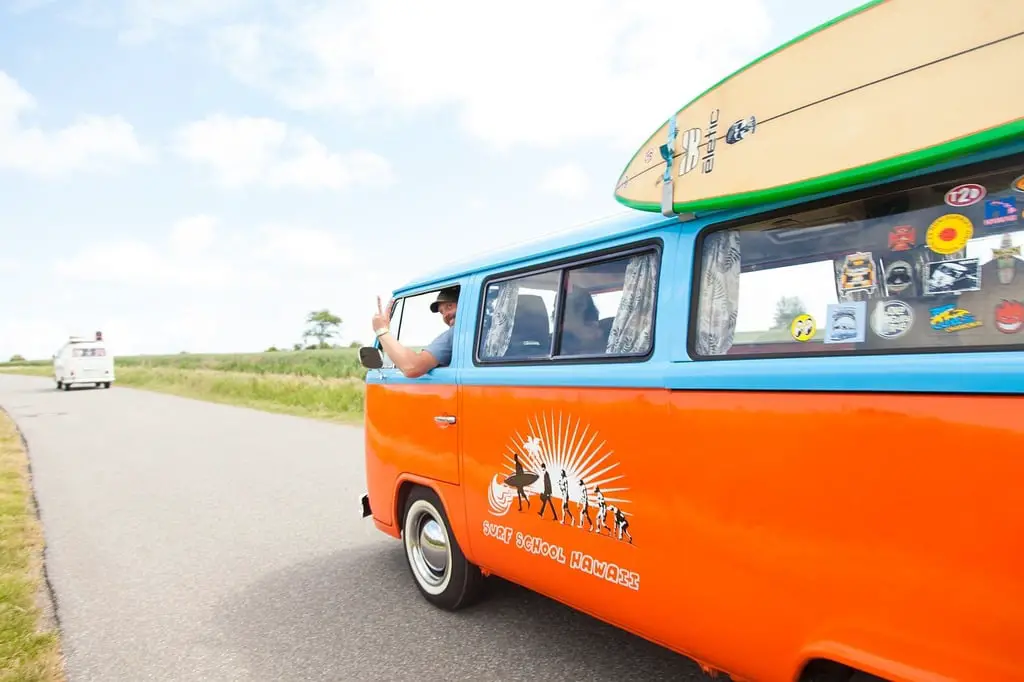
Van life in Hawaii once seemed like a tropical dream—but it’s becoming a legal nightmare. Across the islands, counties have passed ordinances banning overnight parking along beaches, near parks, or on residential roads. Enforcement is strict, and vehicles can be towed without warning. Rental vans marketed to tourists have added fuel to the crackdown.
Locals have voiced concerns over trash, noise, and competition for limited parking. With few designated camping areas, even legal options are costly or overcrowded. Living on the road in Hawaii now requires deep planning—and even then, it’s risky.
11. New Mexico

New Mexico’s small towns and desert highways still offer relative freedom, but regulations are tightening in popular zones. Taos and Santa Fe have both implemented ordinances limiting where people can stay in their vehicles. New signage and enforcement patrols have targeted known overnight hotspots. Rangers on federal land are also enforcing shorter stay durations.
While the state still welcomes travelers, the long-term van lifestyle is under more scrutiny. Officials are hoping to balance tourism with sustainability. Quiet restrictions are making it harder to vanish into the landscape for weeks at a time.
12. Massachusetts
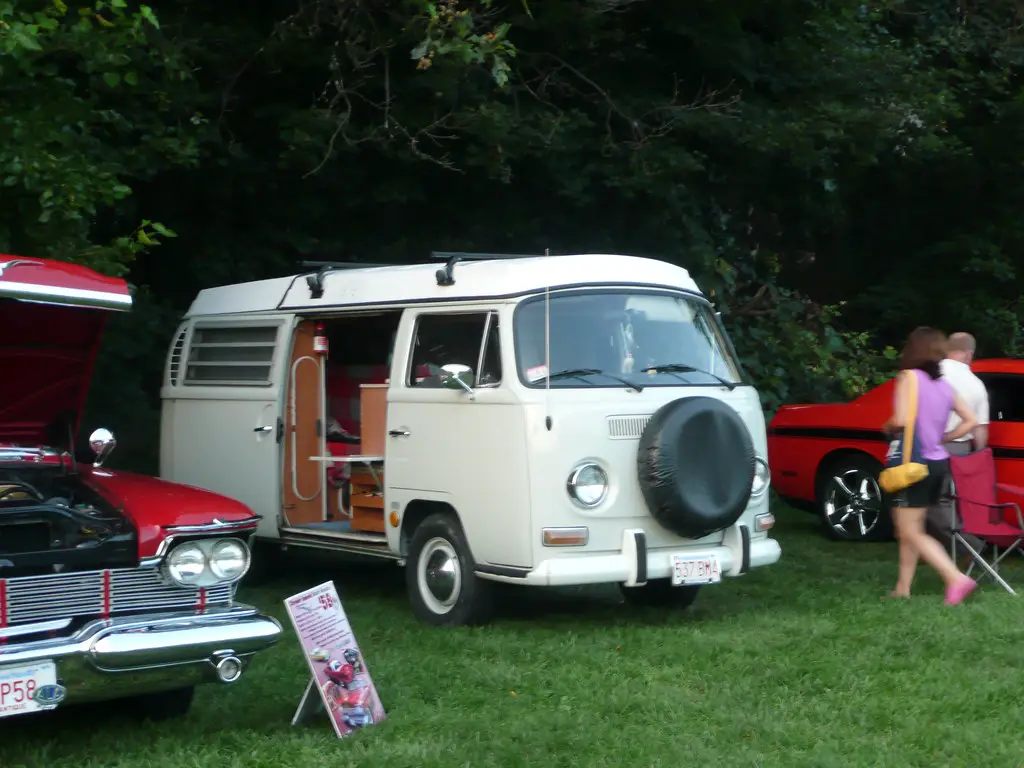
In Massachusetts, especially around Cape Cod and Boston, new rules are targeting vehicle dwellers. Many towns have banned overnight parking on public roads, citing noise complaints and safety concerns. Rest stops on major highways are posting new “no overnight stays” signs, and police are enforcing curfews. Even RV parks in tourist towns are limiting long-term stays.
Cold weather aside, the Northeast’s dense population means fewer places to park unnoticed. For van lifers trying to pass through or stay seasonally, it’s becoming a logistical challenge. Legal parking options are few—and getting fewer.
